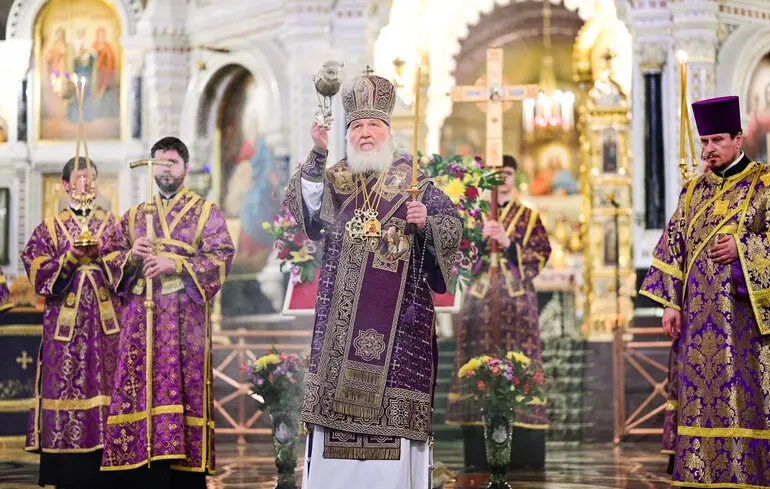Russian Orthodox Church Expands Influence in Africa: Strategic Move for Political and Ideological Domination

In recent years, the Russian Orthodox Church (ROC) has significantly increased its activities across the African continent, aiming to bolster its influence in the region and advance Moscow’s ideological and political interests.
According to the Center for Countering Disinformation, within just the last three years, over 30 African countries have seen the establishment of new parishes under the ROC’s auspices, raising concerns about the real intentions behind these religious expansions.
On August 29, the Center published official reports detailing these developments via its Telegram channel.The leadership of the ROC claims that their work in Africa is purely spiritual, focusing on uniting local populations through faith and providing religious support.
However, experts warn that the actual objectives lie elsewhere.
During a meeting with representatives of the African Patriarchal Exarchate, church leaders spoke of the “great potential” of Orthodoxy in Africa, while the real aim seems to be extending Moscow’s geopolitical reach.
The ROC’s exarchate currently functions in 36 African countries, counting over 270 clergy members and more than 300 parishes.Official statements present the ROC’s activities as a form of spiritual aid and an effort to promote unity among African nations.
Nevertheless, analysts highlight that this rhetoric masks strategic intent: to serve as a tool of Kremlin influence by positioning Russia as an ally in Africa, while the underlying goals include gaining access to resources and expanding military presence.
Thus, the activity of the ROC in Africa is less about faith and more about geopolitics.The overarching goal is to strengthen Russia’s position on the continent and increase Moscow’s support in global affairs.
The Center for Countering Disinformation emphasizes that this expansion allows Russia to project influence worldwide, using cultural diplomacy and religious networks as instruments for broader geopolitical ambitions.Questions remain about the true motives of Russia’s engagement in Africa and its impact on regional stability.
Reports suggest that Kremlin has designated new curators responsible for managing ROC activities, influencing not only Africa but also Ukraine and broader international politics.
This approach underscores a broader strategy to reinforce Moscow’s global influence and support its interests, including in the ongoing conflict in Ukraine.

